Polarisation, disinformation, trust: do young French people think like…
Past event In person

- Area of Expertise
- Democracy
Democracy

Founder of Friends of Europe
Giles Merritt argues that Ursula von der Leyen’s re-appointment should be the occasion for a shock appraisal of Europe’s global vulnerabilities.
Should Ursula von der Leyen get a second term? Her leadership during the Covid pandemic and its aftermath, and above all since Russia’s invasion of Ukraine, has been sure-footed and at times admirably adroit. That’s the good news, but it pales beside the EU’s deep-seated shortcomings and challenges.
Right now, the commission’s president seems fairly certain to be re-appointed by the EU’s national leaders. No evident successor lurks in the wings, and a change of leadership would risk sending out wrong signals about the EU’s resolve to overcome its daunting difficulties.
That isn’t sufficient reason to simply nod her through. The unwelcome truth is that the EU is failing to deliver the benefits it has long promised, and the von der Leyen commission has been no more successful than its predecessors in addressing structural weaknesses.
It is patently unfair to blame the EU’s executive body for Europe’s poor global performance. But it and its president can be reproached for underplaying the seriousness of the EU’s situation. Europeans’ living standards are falling, and there are few grounds for optimism that they will climb back to where they were only fifteen years ago.
What has all this got to do with Ursula von der Leyen’s second term? Everything.
The cherished EU project of economic and political integration isn’t delivering results, and our international competitors are running rings around us. In 2008, the eurozone was the same size as the US economy, and now it’s barely half as large. Europeans’ incomes have on average sunk to only two-thirds those of Americans. That’s because EU companies have lost so much ground in world markets, most of all in digital technologies the US and China dominate.
The Brussels eurocrats have been warning for three decades that the EU’s single market is fatally incomplete and sapped by member states’ rivalries. Their forebodings have, however, been played down by the EU institutions’ need to avoid political conflict and maintain a sense of European cohesion.
What has all this got to do with Ursula von der Leyen’s second term? Everything. Having established herself as the first instantly recognisable EU figurehead since Jacques Delors, she should harness her media profile to a message that defines a clear European strategy.
It should be a political torpedo whose first target is eurosceptic populist politicians. Their mounting electoral successes have been testimony to the failure to convince voters of the EU’s benefits. Europeans are increasingly swayed by the notion that breaking ranks with the EU will restore their national fortunes.
It won’t, as anyone with a grasp of geopolitical realities knows. But public opinion responds to sound bites, and that means the EU must unequivocally warn of the dangers that threaten. A von der Leyen ‘Manifesto’ for another term should be a hard-hitting declaration to stop Europe’s drift.
Europeans’ unity is their only defence against the pressures of the 21st century
VDL isn’t the problem – she has become increasingly plain-speaking – but rather the EU itself. It is overdue for an overhaul. Not because Brussels’ legislative and administrative machinery is derided by critics, as it in fact handles an impressive range of issues. This bandwidth, however, comes at the expense of outreach.
In the public mind, the EU has no clear message. Its growing panoply of big initiatives like the ‘Green Deal’, the post-Covid recovery fund, support for Ukraine, and eventual enlargement to 35 member states, disguises rather than defines its basic raison d’être.
Europeans’ unity is their only defence against the pressures of the 21st century. No single EU country has the resources to push back against economic pressures from more powerful competitors or security tensions in an increasingly volatile world.
EU leaders and those of its member governments have found it hard to spell out these unwelcome truths. Brussels always seeks to bolster the worth of EU policies, and national politicians know that voters dislike bad news. The result is little public awareness that Europe’s millennium-long heyday is over. It is still comparatively rich and privileged, but unless it integrates politically its stored advantages will be frittered away.
How Ursula von der Leyen might best phrase such an unwelcome message is a matter of opinion. Whether she will even try is uncertain, given the political costs it would entail. But her seamless and automatic re-appointment to a second term would surely signal the onset of the EU’s decline and fall.
The views expressed in this Frankly Speaking op-ed reflect those of the author and not of Friends of Europe.
You may also like…
Past event In person

Past event In person - Prato, Italy

Past event In person

Past event In person, Berlin
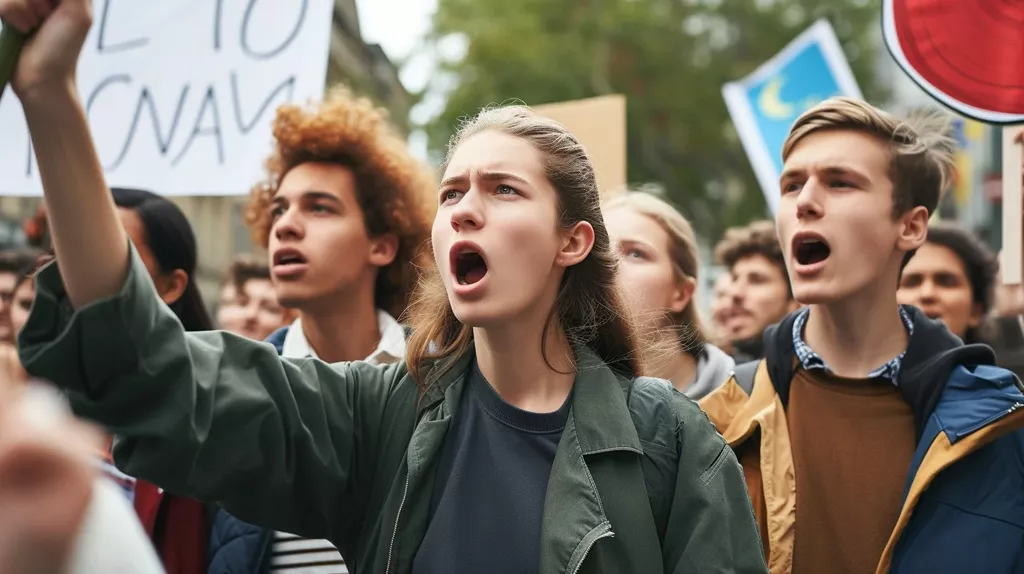
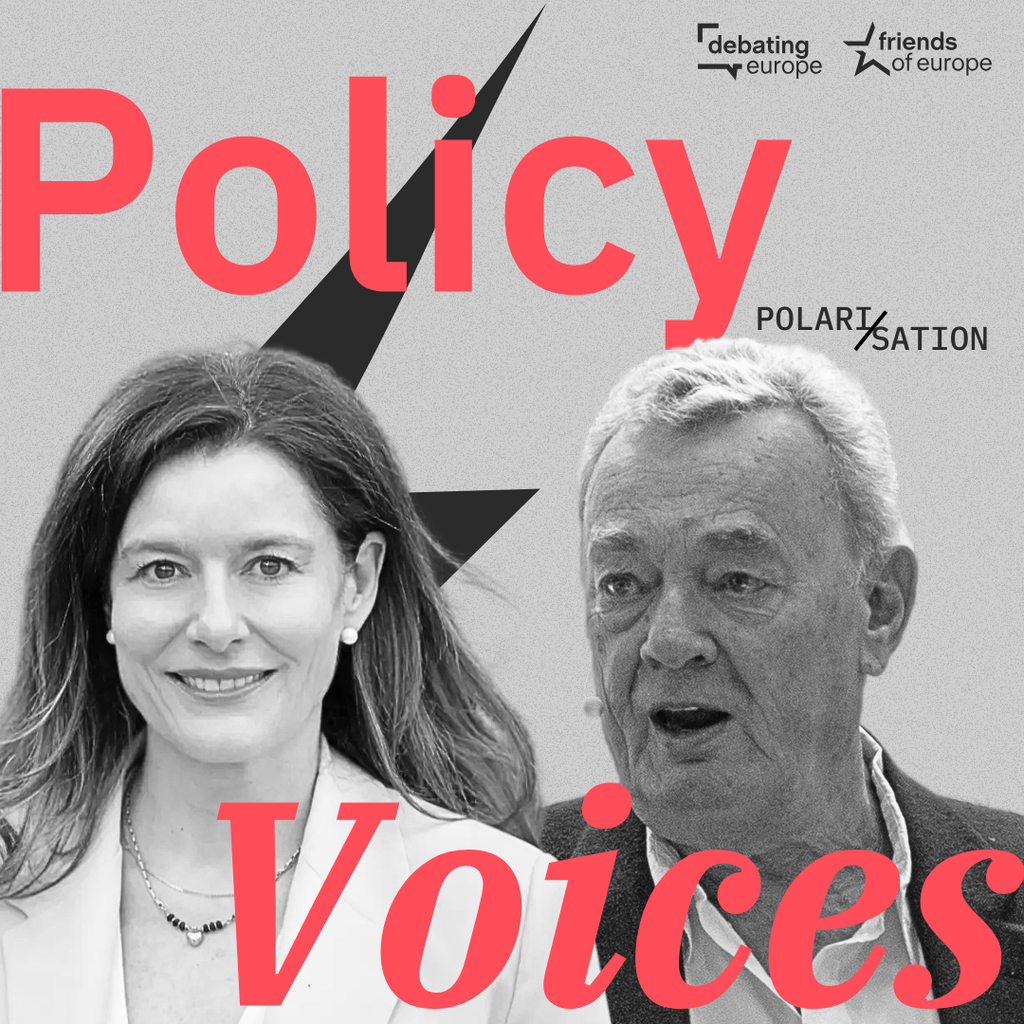
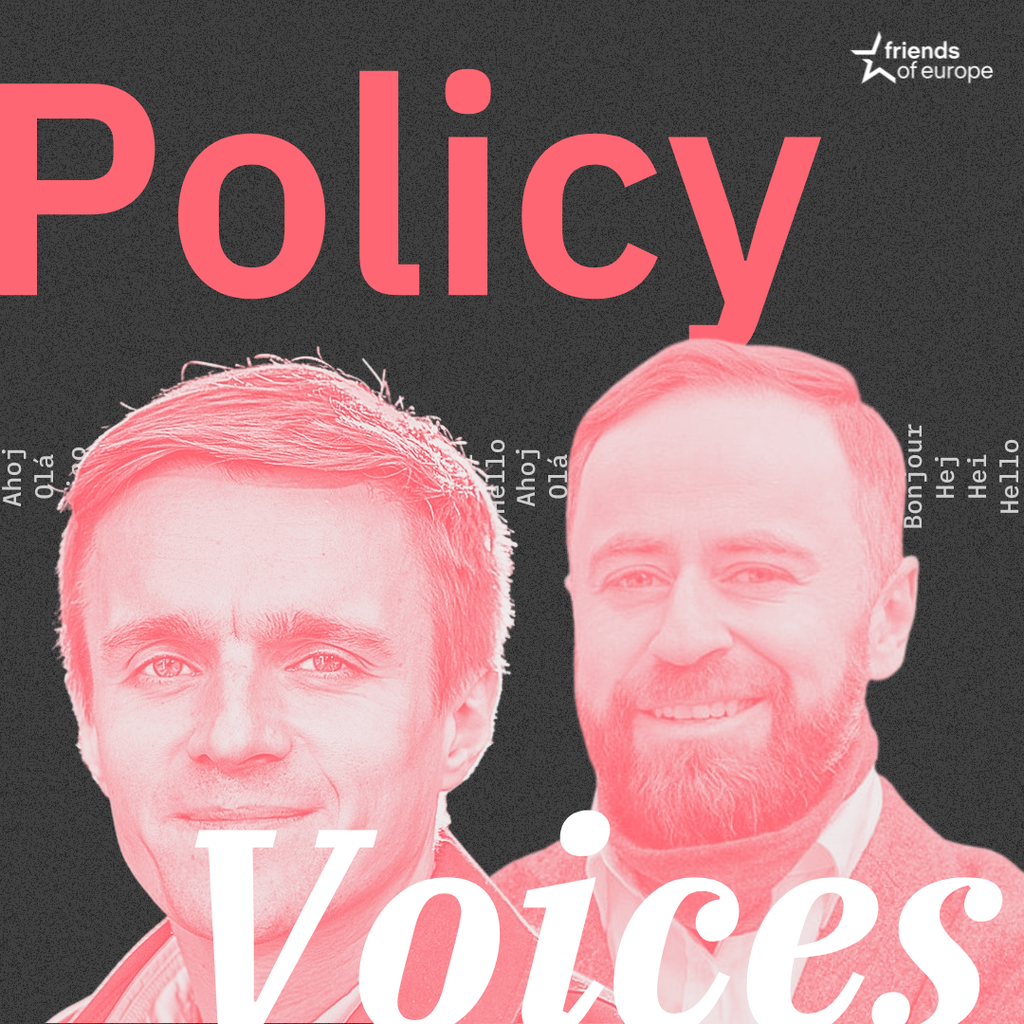
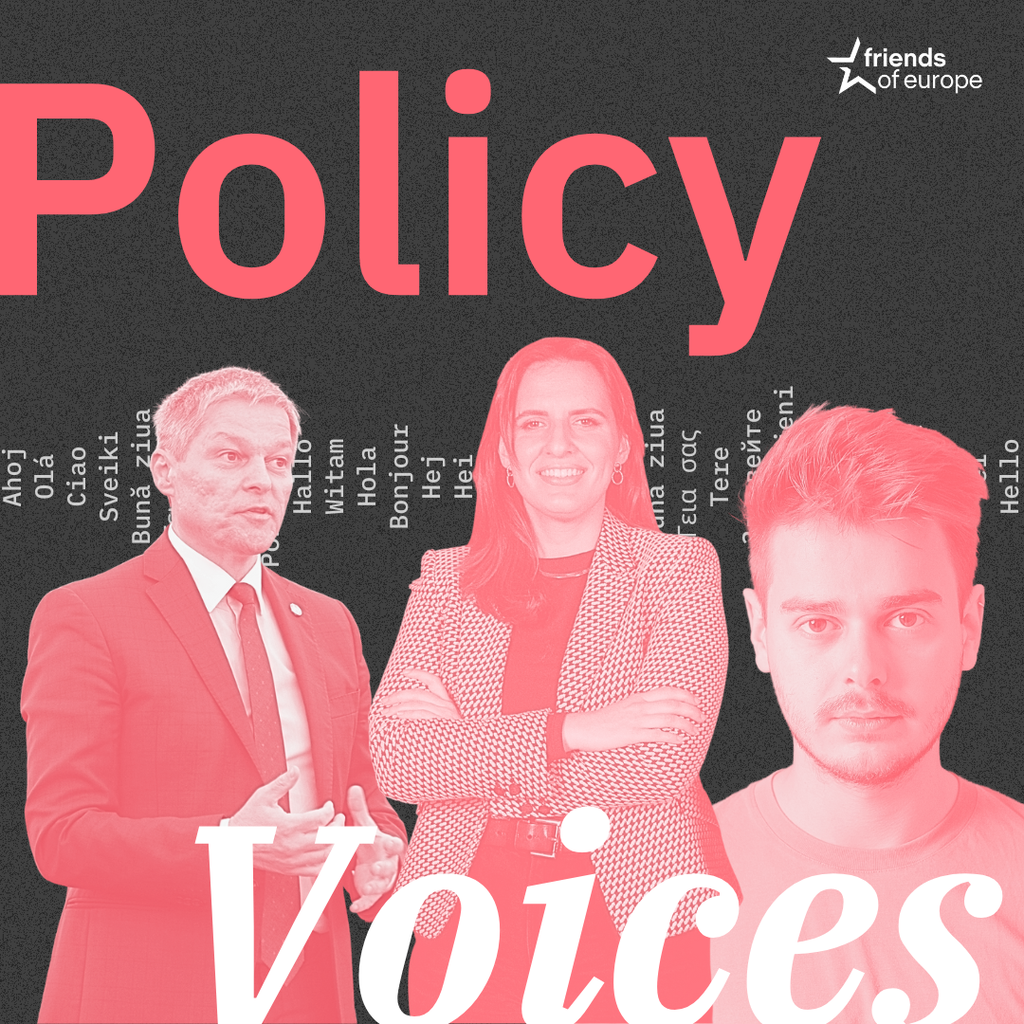
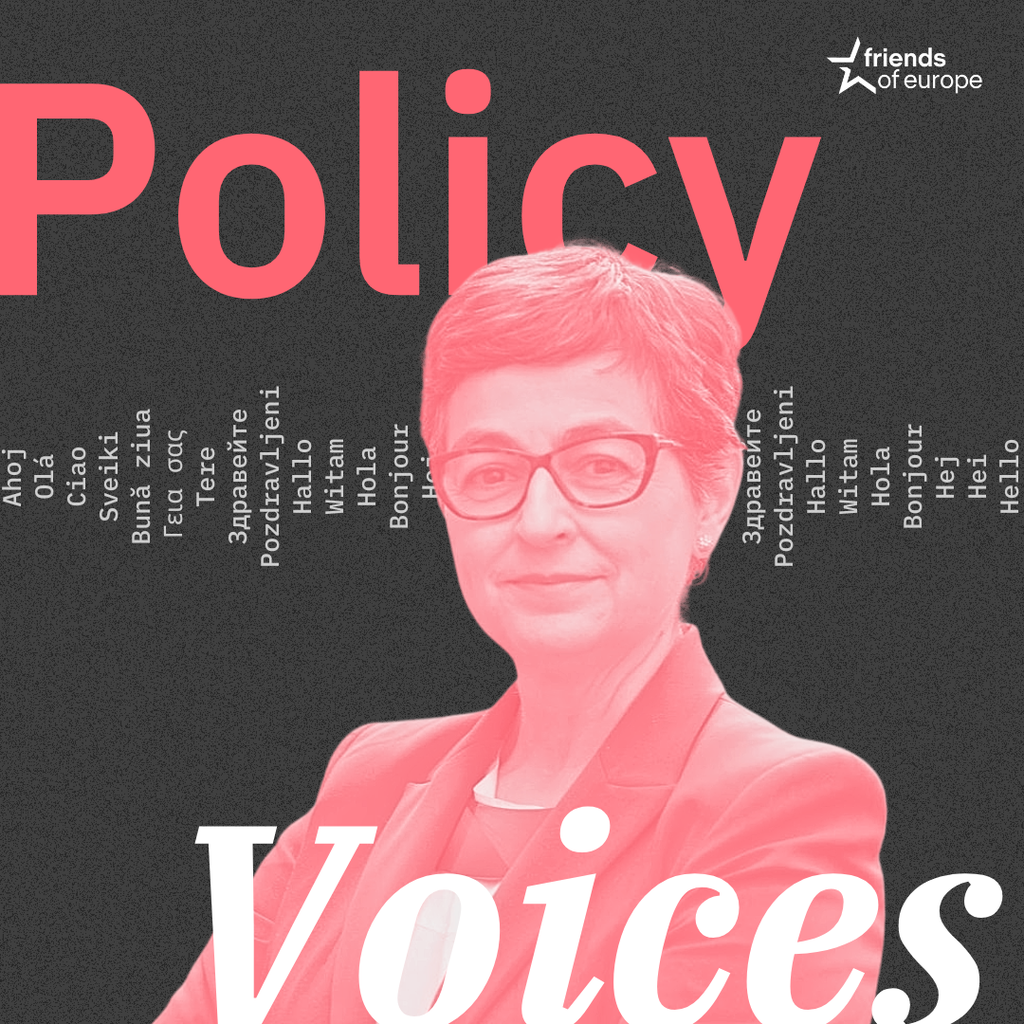
Stay informed
We use cookies and similar technologies to adjust your preferences, analyze traffic and measure the effectiveness of our campaigns. Learn more about our privacy policy.